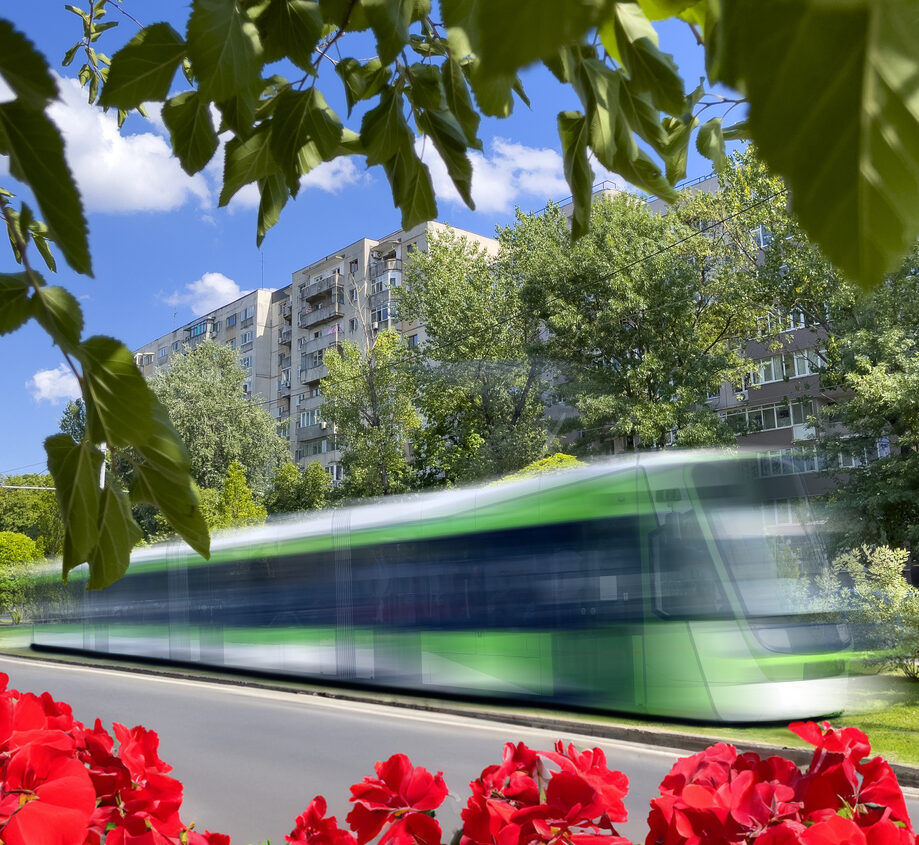
At first glance, Craiova is a slightly grim drab industrial city in the middle of nowhere. Not unlike the Dutch town of Doetinchem. There’s no tourist activity – you’d only come here if you had some business to attend to. Nevertheless, Craiova is increasingly a lively and thriving city with plenty of economic activity. There’s a large Ford factory and even a growing Dutch community.
Few people are aware that some 5,500 Dutch companies are currently based in Romania. This means that the Netherlands has been the largest investor in the country for 15 years. All this activity has resulted in a fast-growing range of facilities while also having a positive effect on the labor market.
Previously, the large-scale textile industry was particularly active in Romania. Companies taking care of the production of T-shirts and underpants for lower-price clothing chains. It goes without saying that this is a ruthless industry in several areas, with cut-throat competition in pricing. Price is determined on the basis of the centi-second system: one minute is divided into 100 time units. For each action that employees perform, the number of centiseconds is measured, and the price is determined accordingly. This has very little to do with employee well-being.
I am pleased to see a shift towards smaller-scale production throughout Romania. And, increasingly, towards higher-quality work, which respects the population’s level of education. Of course, global developments also play a role in this. China’s current anti-Western and strict zero-covid policies are driving many small-scale European producers to countries such as Romania. Safer, closer, and easier to work with.
For me, it is important to promote economic development and trade relations between the Netherlands and Romania. For this reason, I am a board member of the Dutch Romanian Network. We represent commercial interests and inform entrepreneurs about, for example, taxation and other relevant matters. This club now has about 60 members, and 1,200 companies receive its newsletter.
That’s essentially my big theme for this blog: economic prosperity leads to a rapid improvement of all kinds of facilities and better accessibility of cities such as Craiova. Partly thanks to the population’s high level of education of the and labor market shortages, working conditions, including wages, are constantly improving in all lines of work. Staff shortages are even leading to an influx of migrant workers. And as a result, your coffee in a café in Craiova may well be served by someone from the Philippines. Just 10 years ago, that would have been completely unthinkable.